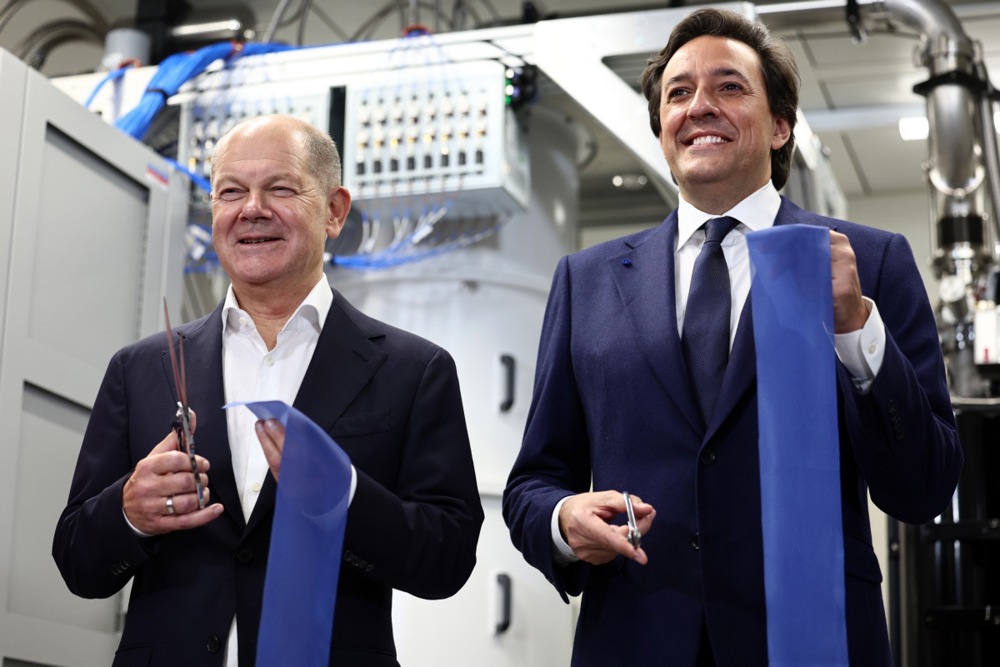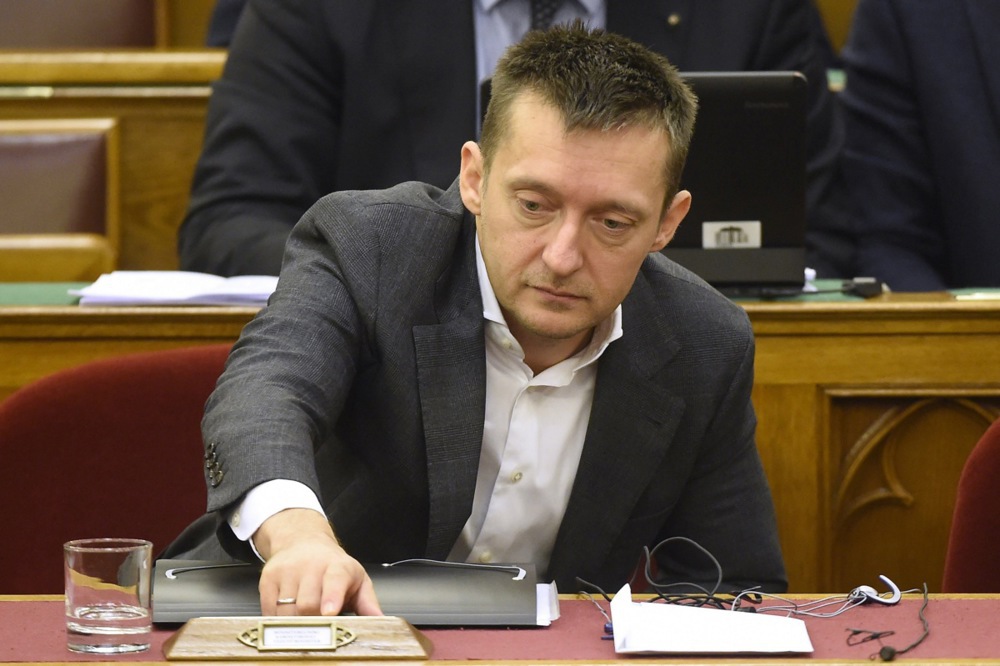Thierry Breton, former European Commissioner for the Internal Market, has called for Europe to defend its digital sovereignty and maintain unity in the face of challenges posed by tech platforms and global powers.
On January 19 in an interview with Agenda Pública, Breton said that without a cohesive Europe, the continent risked losing its ability to negotiate on an equal footing globally.
“If Elon Musk chooses to express himself through X, he must ensure that it complies with European law,” Breton stated.
He warned that tech platforms wielded unprecedented power through their algorithms, amplifying and accelerating messages at a scale never seen before.
“The Digital Services Act [DSA] is not about restricting free speech but about ensuring that platforms don’t facilitate the massive dissemination of harmful content, especially to vulnerable groups like children,” he added.
Breton also touched on what he saw as the broader ambitions of companies such as those owned by US tech mogul Musk.
“Elon Musk is not just about social media; his interests in satellite communications, such as Starlink, are part of a larger strategy. We must be vigilant about any actions that could lead to fragmentation within Europe,” he cautioned.
Comparing Musk’s approach to that of fellow US citizen Mark Zuckerberg and Meta, Breton noted: “Meta has understood the philosophy of the DSA and is adapting. Musk has yet to fully demonstrate that he will do the same.”
Regarding what he said were geopolitical pressures threatening European unity, he said: “Let’s not be naive — some global powers prefer a fragmented Europe because it weakens our ability to act decisively. Our best defence is to strengthen and promote our unity.”
Breton argued that a united Europe was essential for global negotiations and for preserving the democratic values that underpinned the continent’s political systems. “Europe has the oldest democracy in the world and it is under attack because it works. We must protect it at all costs,” he said.
“Europe must unite to defend itself and, if necessary, take offensive measures in cybersecurity, space, air and maritime defence”, he added.

Breton was particularly passionate about Europe’s collective security and defence capabilities. “No single country can face the challenges of cybersecurity, space, air defence, and maritime defence alone,” he asserted.
He praised collaborative projects such as the Galileo satellite system, calling it “a symbol of European innovation and autonomy”.
He also highlighted the part EC-funded IRIS Artificial Intelligence project as an example of how Europe could secure its technological infrastructure. “These are not just technological feats; they are strategic necessities for the future of Europe.”
Of Europe’s historic difficulties in competing with foreign tech giants such as Google and Facebook, Breton pointed to fragmented markets as a key issue. “We used to have 27 separate digital markets and that held us back,” he said.
With frameworks including Europe’s Digital Services Act and the AI Act, Breton said he believed Europe was now better equipped to challenge global tech dominance.
“We are creating a fair playing field where innovation can thrive without compromising our values,” he said.
Looking ahead, Breton expressed optimism but also issued a warning: “To truly benefit from alliances like the one with the United States, we must stand as equals. A weak Europe cannot expect respect or influence.”
He emphasised what he saw as the importance of resilience, urging Europeans to remember that their unity was their greatest strength.
“A stronger Europe means better opportunities for its citizens, better security for its democracy and better partnerships with its allies.”
Thierry Breton, the EU’s tech enforcer until September 2024, has received special approval to join Bank of America's advisory council without the usual two-year cooling-off period. https://t.co/jmuL80sZJ9
— Brussels Signal (@brusselssignal) January 17, 2025





